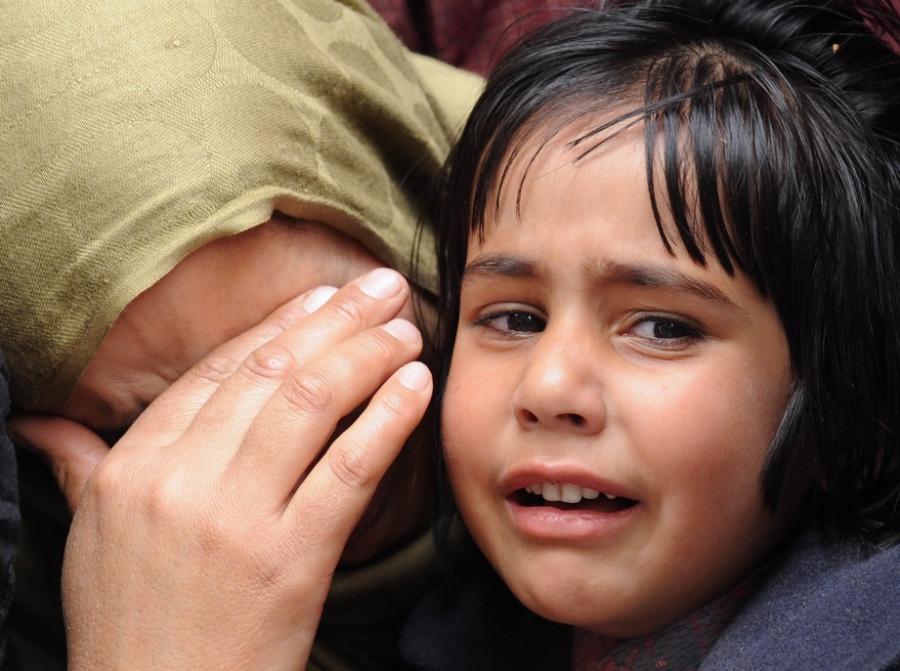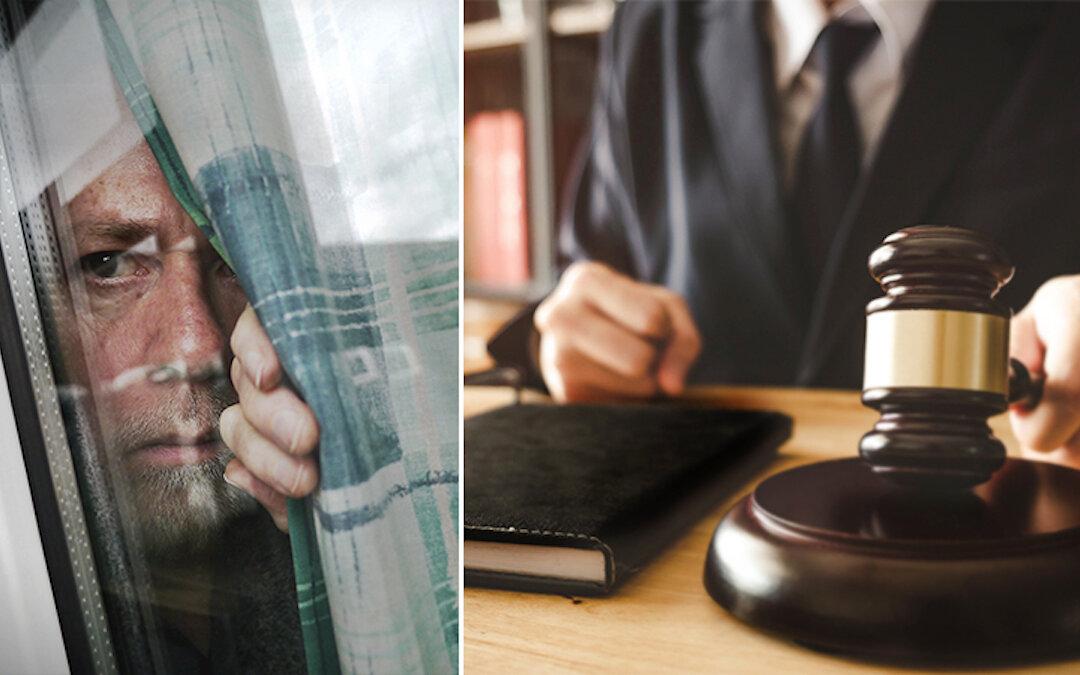India remains susceptible to terrorist attacks by transnational terrorist groups like Lashkar-e-Taiba (LeT), a U.S. report said, while at the same time facing internal security threats from the Communist Party of India Maoist violence.
According to the Country Reports on Terrorism 2012, around 805 people were killed as a result of terrorist attacks in India in 2012, marking a 25 percent decrease from the previous year.
“Included in the total number of fatalities were the 364 deaths ascribed to left-wing violent extremism, almost 80 percent of which were Communist Party of India Maoist or Maoist/ Naxalite violence, which the Indian government considers its most serious internal security threat. To date, those groups have not specifically targeted U.S. or other international interests,” the report said.
In 2012, Indian sources continued to attribute violence and deaths in Jammu and Kashmir region to transnational terrorist groups allegedly backed by Pakistan.
The two neighbors attempted to decrease tensions in their bilateral relationship by increasing official dialogue between their two governments, lessening trade restrictions, and relaxing some visa requirements.
However, the report said that due to continued violations of the border along Jammu and Kashmir region the “Indian concerns about Pakistani-based terrorist groups remained impediments to normalizing relations.” While at the same time “terrorist opponents of better India-Pakistan relations, including LeT and its leader Hafiz Saeed, continued to call for violent attacks against India.”
As a part of strategy to increase India’s border security, the Ministry of Home Affairs Department of Border Management is building fences and roads and installing floodlights along both the Indo-Pakistan border and the Indo-Bangladesh border.
“India is a founding member of the Global Counter-terrorism Forum (GCTF) and was an active participant in the GCTF and other U.N. forums on counter-terrorism throughout the year,” it said.
However, India’s efforts to establish a National Counter-terrorism Center were stalled when chief ministers from several Indian states objected saying that it “infringed upon the states’ constitutional rights and responsibilities to maintain law and order.”
The U.S. and India have joined hands to increase counter-terrorism capacity building efforts and cooperation. Both countries have been conducting talks on counter-terrorism perspectives and policies for future cooperation, and interacting on cyber security, counterfeit Indian currency that could be used to finance terrorism, and port security.




